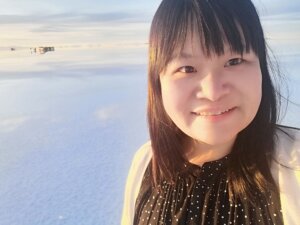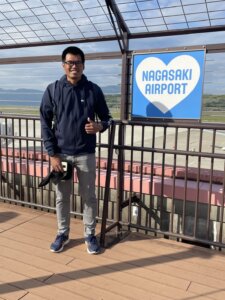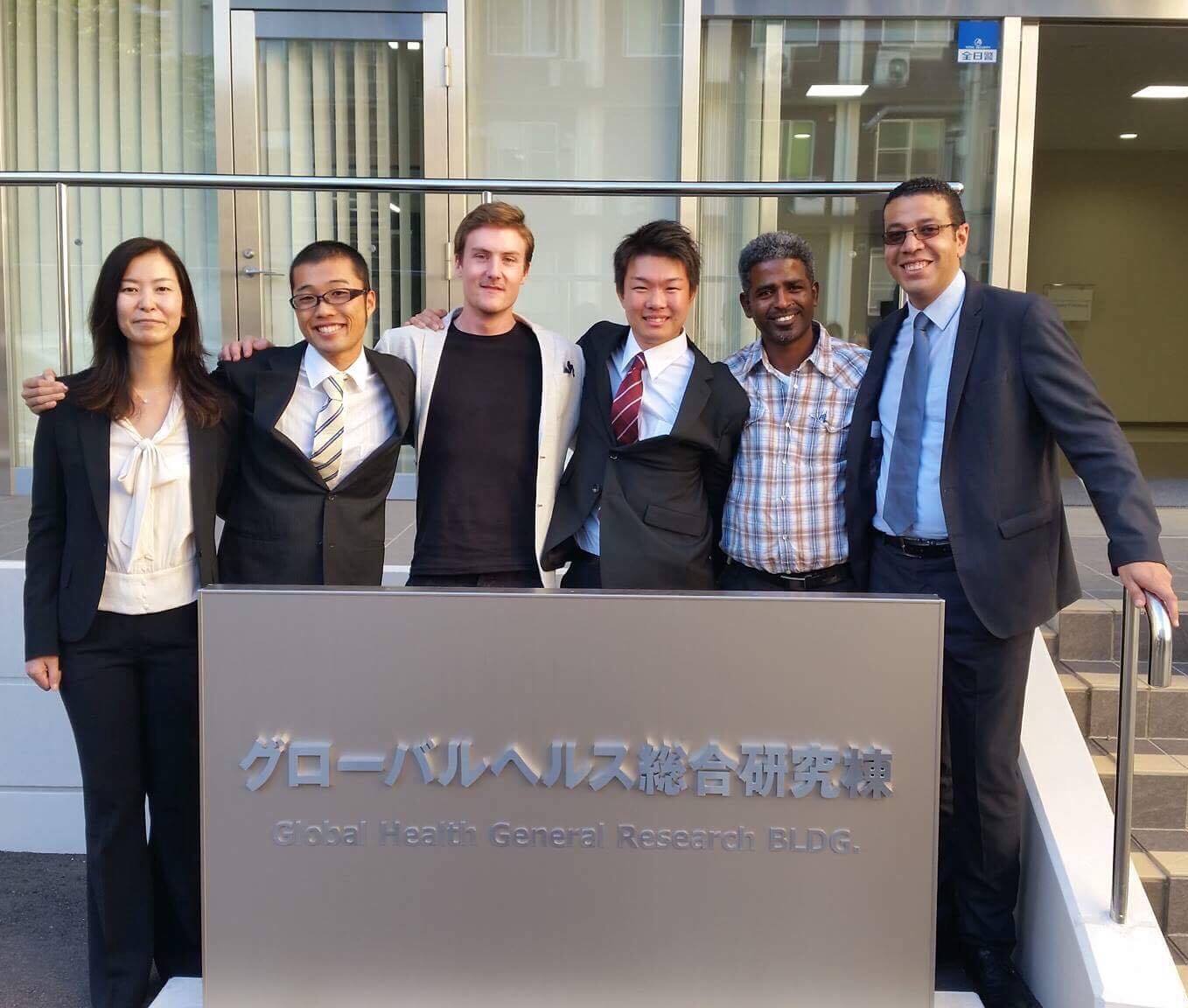Yumiko Takehara
 My background is as a midwife and nurse, and I chose the 2020 MSc satellite course because I wanted to learn more in-depth in graduate school after studying in the 2019 TTM (Tropical Medicine Training Course). I was out of the country as a student because I was studying while working as an overseas health adviser for JICA. With a 13-hour time difference, I had to watch recordings of classes repeatedly and make arrangements for late nights and early mornings for on-time discussions with my supervisor, group work, and thesis review meetings.
My background is as a midwife and nurse, and I chose the 2020 MSc satellite course because I wanted to learn more in-depth in graduate school after studying in the 2019 TTM (Tropical Medicine Training Course). I was out of the country as a student because I was studying while working as an overseas health adviser for JICA. With a 13-hour time difference, I had to watch recordings of classes repeatedly and make arrangements for late nights and early mornings for on-time discussions with my supervisor, group work, and thesis review meetings.
The MSc brings together students from various backgrounds, and the research content is diverse, including experiments, public health, innovation, and systematic reviews. The classes are highly flexible except for the required courses, and students can choose types in their field of interest. Onsite students can focus on their research because there are no long-term overseas training programs. Also, a large percentage of the students are international students. The monthly homeroom with the course director, Prof. Hirayama, is a relaxing time to discuss each other’s research and daily life, connecting the onsite and satellite facilities. My research was a questionnaire survey of mothers in Bolivia, South America, regarding mother-to-child transmission of Chagas disease, and being able to conduct research in the field through trial and error was a great experience.
It took much work to study while working abroad. Still, I could complete the program thanks to the understanding of my colleagues, my supervisor and the faculty of TMGH, who patiently guided me. Also, my classmates at the onsite satellite encouraged each other and the support of the academic affairs staff. I also learned to never give up on my studies and research until the end. My studies and experiences at TMGH will be a source of inspiration for me in the future.
To those considering the MSc course, I recommend the highly flexible MSc course and the environment where you can confidently study and research under the tremendous support of TMGH.

 My background is as a midwife and nurse, and I chose the 2020 MSc satellite course because I wanted to learn more in-depth in graduate school after studying in the 2019 TTM (Tropical Medicine Training Course). I was out of the country as a student because I was studying while working as an overseas health adviser for JICA. With a 13-hour time difference, I had to watch recordings of classes repeatedly and make arrangements for late nights and early mornings for on-time discussions with my supervisor, group work, and thesis review meetings.
My background is as a midwife and nurse, and I chose the 2020 MSc satellite course because I wanted to learn more in-depth in graduate school after studying in the 2019 TTM (Tropical Medicine Training Course). I was out of the country as a student because I was studying while working as an overseas health adviser for JICA. With a 13-hour time difference, I had to watch recordings of classes repeatedly and make arrangements for late nights and early mornings for on-time discussions with my supervisor, group work, and thesis review meetings. Short message from Thanawat Khongyot,
Short message from Thanawat Khongyot,